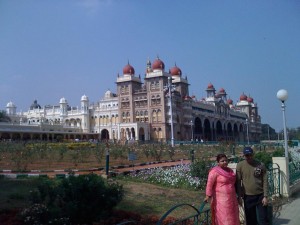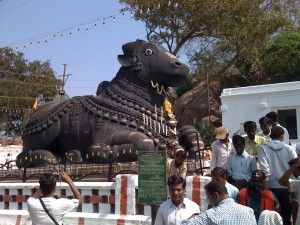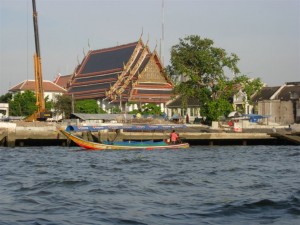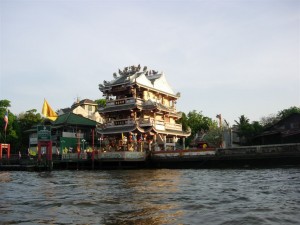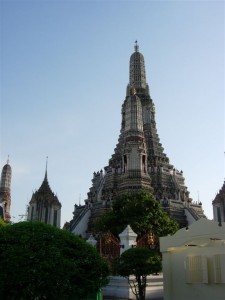Yesterday I met with the Cabinet to discuss the year ahead in the context of some broad categories of planning for the next several years. Over the next weeks I look forward to continuing this conversation with faculty, students and alumni. In October the Board of Trustees will focus on planning at its annual retreat. I am hopeful that we will develop a consensus about what is most distinctive about Wesleyan in the context of American liberal arts education, and that we will take actions to enhance “our best self.”
The senior administrators in the Cabinet will have important responsibilities in regard to planning, and it occurred to me that many in the Wesleyan family might not know who they are. I thought it might be useful to introduce them (briefly) to you. I list the Cabinet officers alphabetically:
Vice President for Academic Affairs and Provost: Joe Bruno
Joe has been at Wesleyan for 25 years. He is a professor of Chemistry and has also been a Dean of the Division of Science and Mathematics. Joe is the leader of our academic programs.
Secretary of the University and Special Assistant to the President for Board and Campus Relations: Marianne Calnen
Marianne has worked at Wesleyan since 1998, and has long been deeply involved with projects concerning the Board of Trustees. She also helps with internal communications and a range of campus issues that build community.
Vice President and Chief Investment Officer: Tom Kannam
Tom joined Wesleyan in 1998 and has been responsible for developing our investment strategies. He works closely with trustees, but also with students interested in socially responsible investing and the Quantitative Analysis Center.
Vice President of Diversity and Strategic Partnerships: Sonia Manjon
Sonia is beginning her second year at Wesleyan. We worked together in California on programs on campus and that linked the school and the city. Sonia leads our efforts on affirmative action, and she partners with faculty, staff and off-campus organizations to promote civic engagement.
Vice President for Finance and Administration: John Meerts
John has been at Wesleyan for 13 years, and before becoming the Treasurer he was in charge of our technology needs (which he once again is doing on a temporary basis). Most of the administrative departments report to John, including Public Safety and Physical Plant.
Dean of Admission and Financial Aid: Nancy Meislahn
Nancy has been head of our Admissions and Financial Aid offices since 2000. She has the daunting task of following up on a banner year in which we increased applications by 22%.
Director of Strategic Initiatives: Charles Salas
Charles came to Wesleyan last year from the Getty Research Institute, where he directed the Scholars and Seminars Program. An intellectual historian of Modern Europe, Charles is helping plan programs like the College of the Environment and the Summer Session.
Special Assistant to the President: Andy Tanaka
Andy is a Wesleyan grad and former Freeman scholar. He works on almost everything that comes through the president’s office, with a particular focus on University Relations, student life and communications issues. When I need to get something done, Andy makes it happen.
Vice President for Student Affairs: Mike Whaley
Mike has spent 12 years at Wesleyan, always focused on the student experience. Mike is responsible for our co-curricular efforts and our residential life programs. From orientation to senior week, Dean Mike works on behalf of Wes students.
Vice President for University Relations: Barbara-Jan Wilson
Barbara-Jan may not have been born at Wesleyan, but she has certainly spent the bulk of her career here leading efforts in Career Planning, Admissions and now University Relations. Having spearheaded the most successful fundraising campaign in Wesleyan history, today she continues to work closely with alumni and staff to support all that we do at the university.
The Cabinet meets as a group each week, and Joan Adams, Assistant to the President, always facilitates our work. I feel very fortunate to work with such a group of such dedicated and talented people. In future blogs, I’ll report on some of the key planning themes we are discussing.
[tags]Wesleyan Cabinet Officers, planning, Board of Trustees, Joe Bruno, Marianne Calnen, Tom Kannam, Sonia Manjon, John Meerts, Nancy Meislahn, Charles Salas, Andy Tanaka, Mike Whaley, Barbara-Jan Wilson, Joan Adams[/tags]




